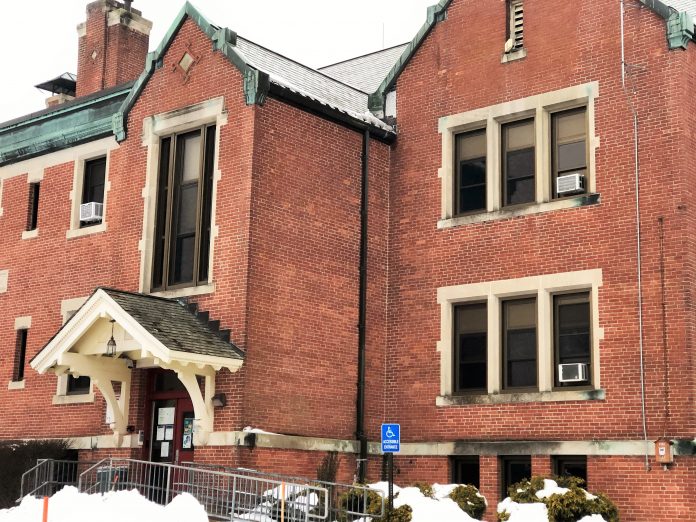The outcome of Question 2’s passage marks a shift in Massachusetts’ educational landscape, but questions remain about what comes next.
For North Attleborough Superintendent Jon Antonucci, the vote represents more than a single policy change.
“I am not surprised that given the opportunity to vote, the public chose change,” he said, adding that the ballot question “didn’t get to the systemic issues, such as too much testing.”
Antonucci hopes the decision will open doors for more comprehensive discussions about education reform.
“I’m hoping it leads to better conversations with the legislature to address other issues,” he said, as well as an opportunity to address the deeper challenges facing students and educators.
Massachusetts voters turned out on Nov. 5 to make a historic decision on the future of the Massachusetts Comprehensive Assessment System (MCAS) as a high school graduation requirement. In a pivotal vote, they chose to eliminate the MCAS as a mandatory condition for graduation.
The “Yes on 2” initiative, led by MTA Vice President Deb McCarthy, argued for a system that utilizes “multiple forms of assessment like GPA, coursework, and teacher feedback” to determine student readiness for graduation. Supporters see this as a move toward a more holistic approach, allowing teachers to focus on rigorous standards without the constraints of a single standardized test.
Critics of the ballot measure, including the Massachusetts Business Alliance for Education and Gov. Maura Healey, cautioned that removing the MCAS as a requirement could lead to inconsistent standards across the state’s 351 school districts.
Despite the change, Antonucci points out that students will still need to meet high standards.
“We still have standards; they are now more internal standards,” he said.
This shift implies that, while the MCAS may no longer be a singular hurdle for graduation, schools will continue to align with state benchmarks, though potentially with greater flexibility in how they assess student achievement.

